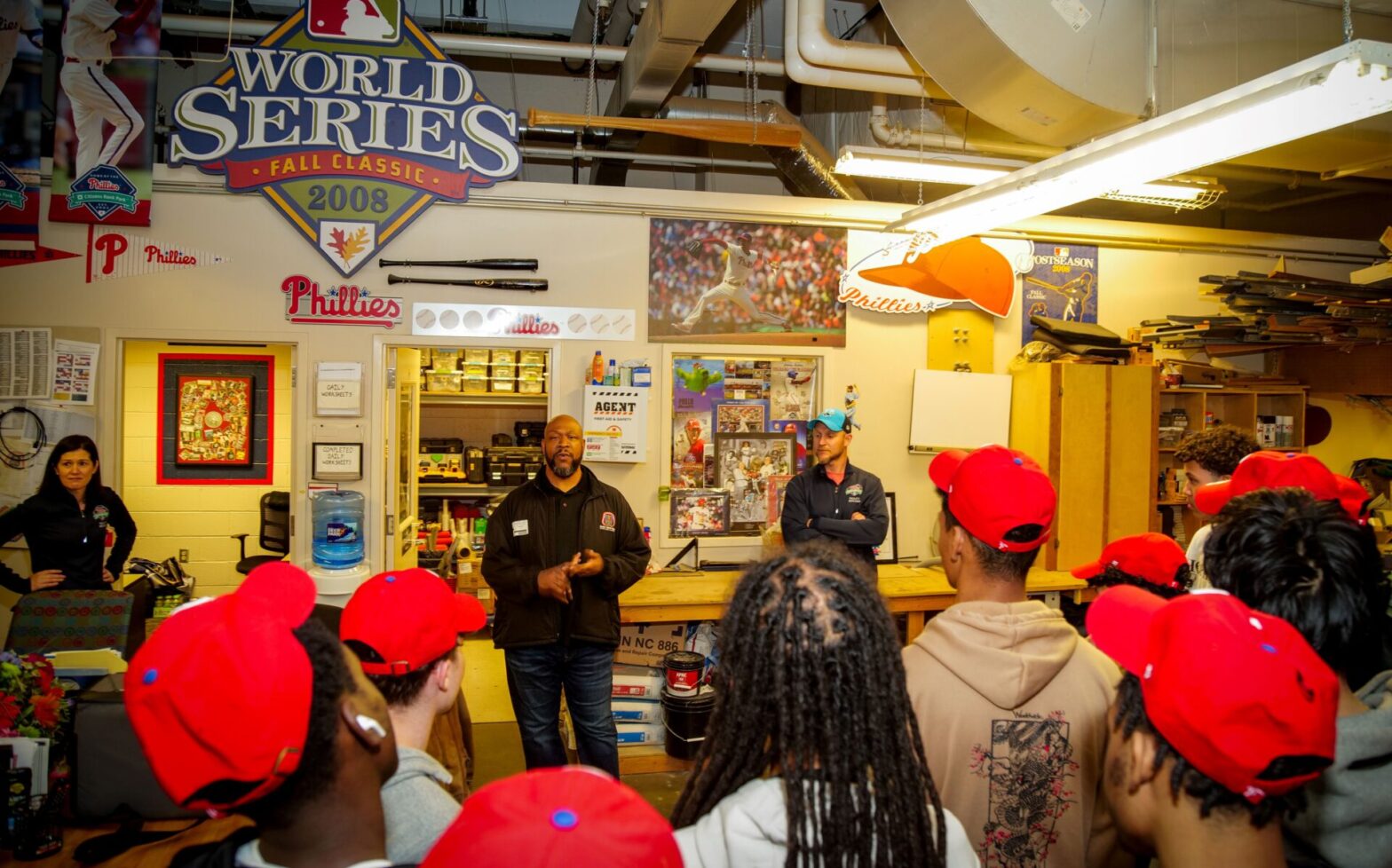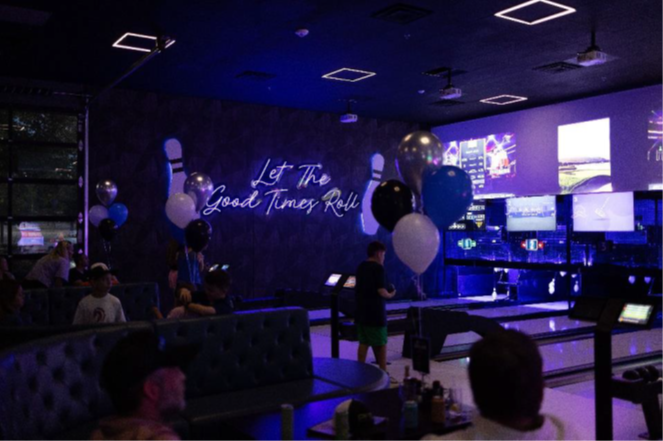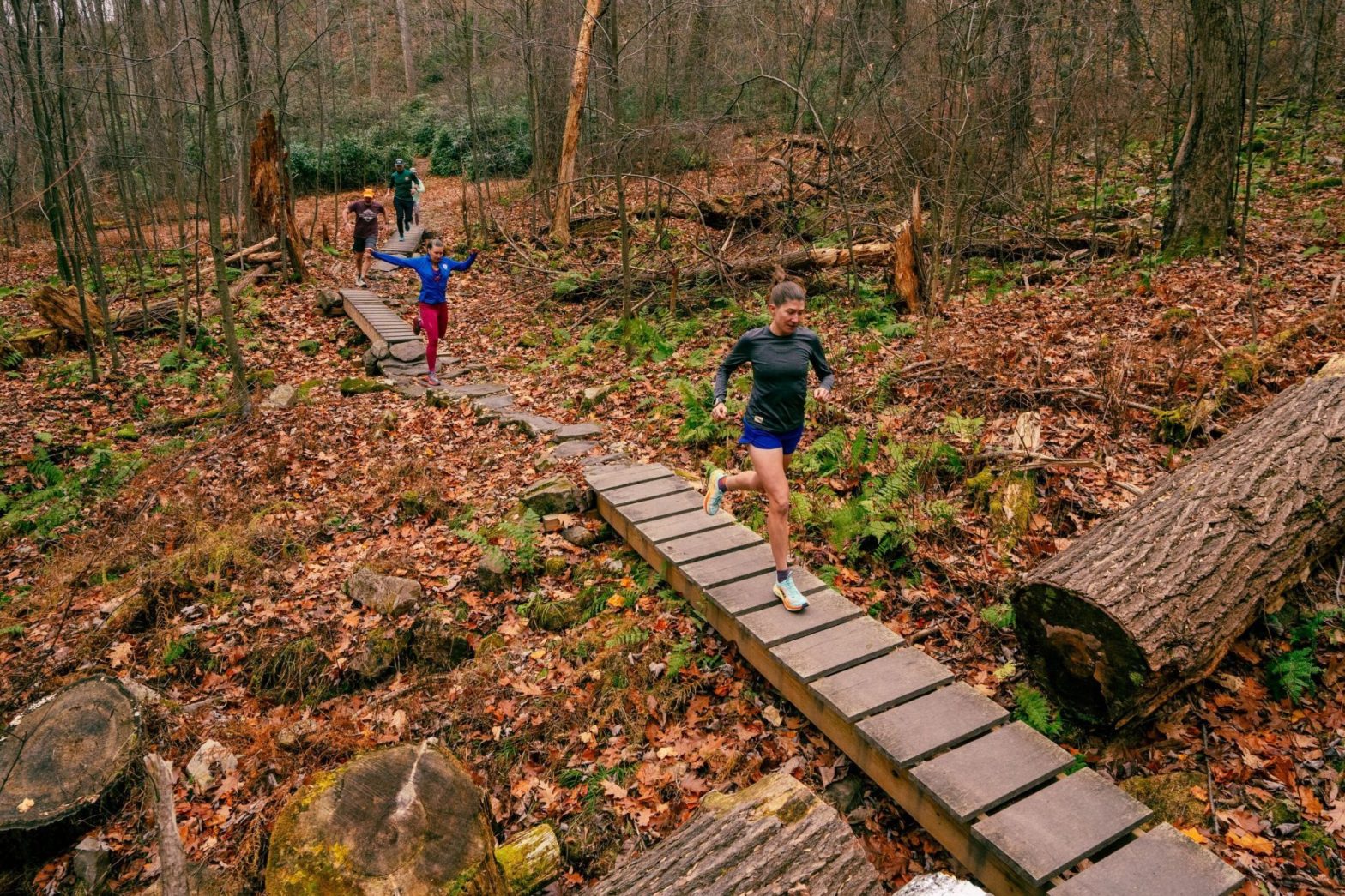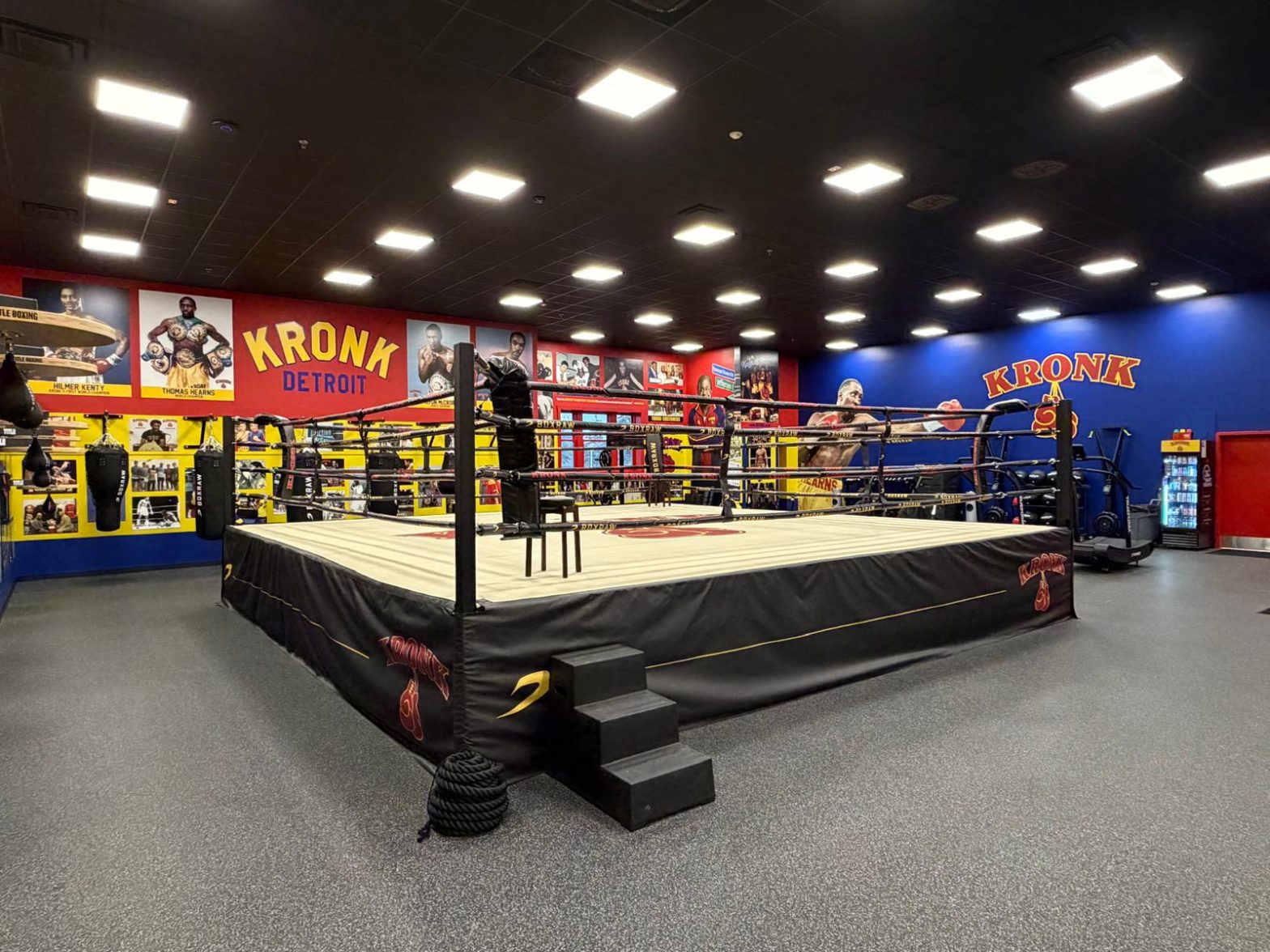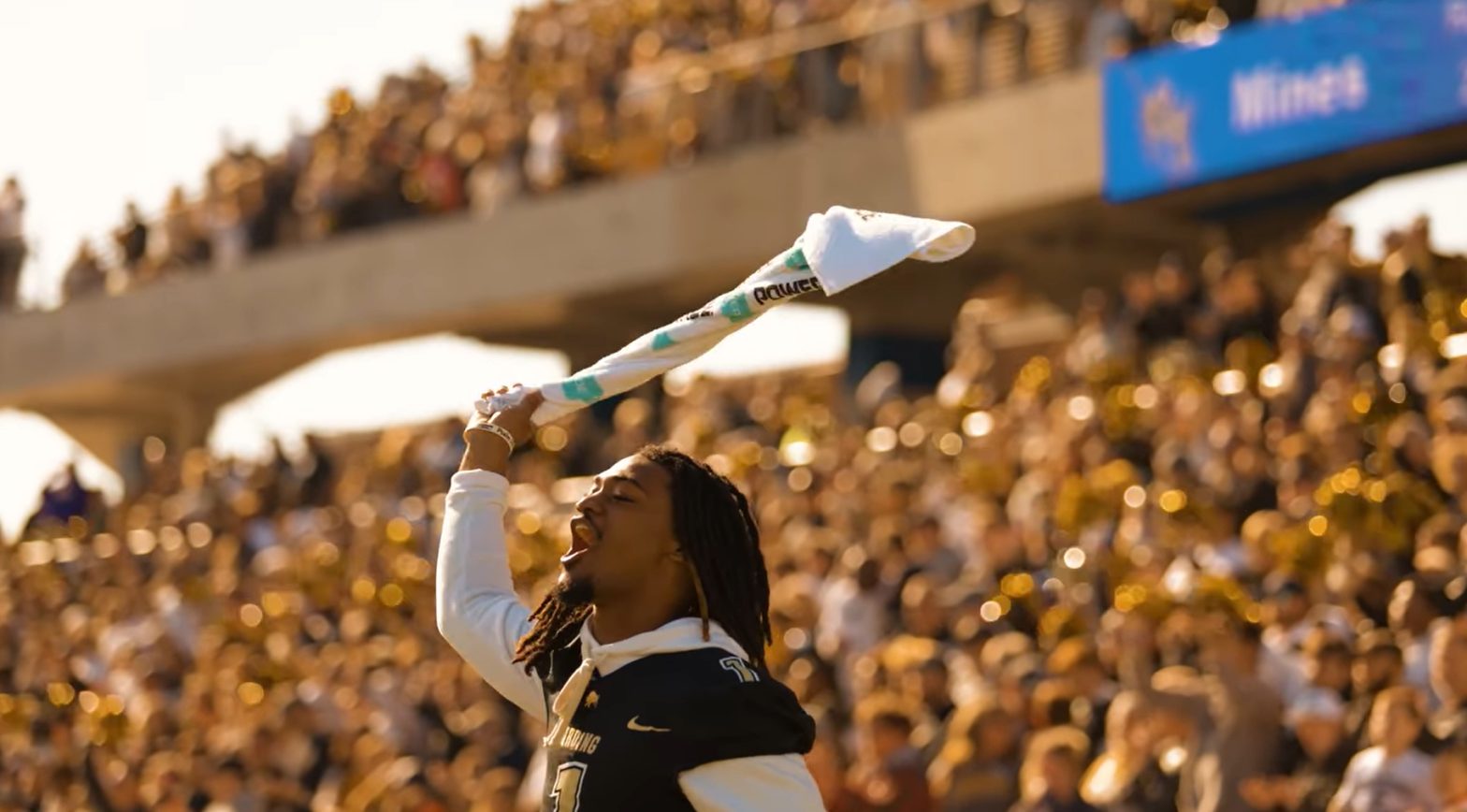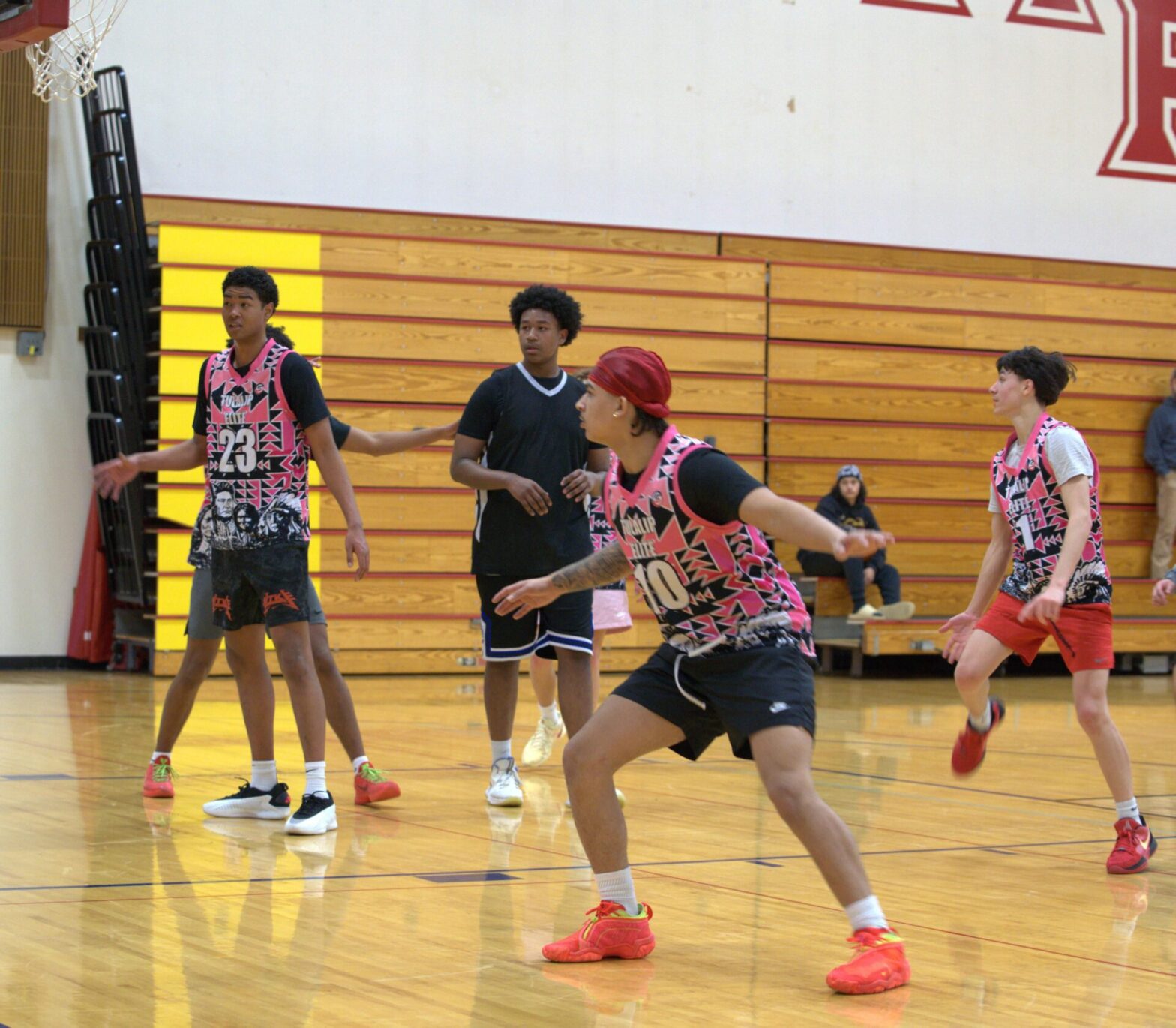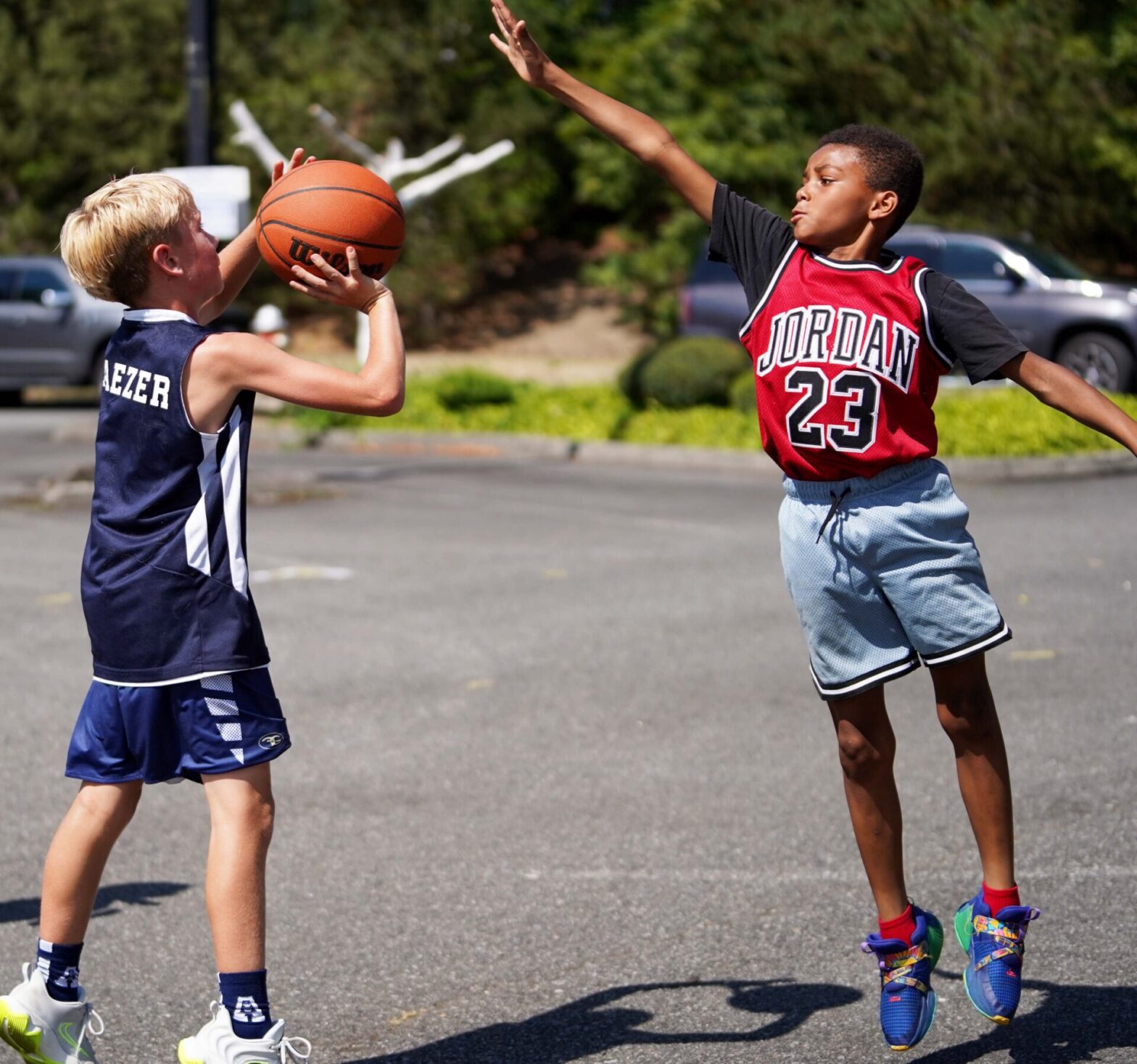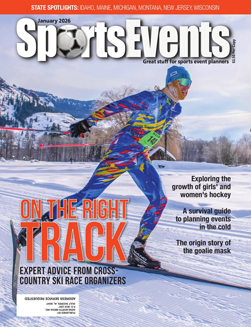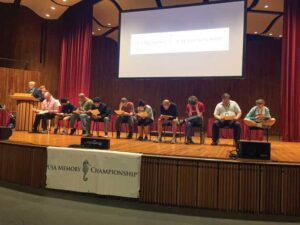
Not all strenuous competitions are purely physical. Indeed, some focus on flexing another sort of muscle: the mind. These sports, known as brain game competitions, put the mental prowess of their participants to the test.
Many of these formalized brain game competitions take place outside of the United States. These events include the West Midlands Brain Game, an annual event hosted each year in the United Kingdom, as well as the Mind Sports Olympiad, a London-based annual event featuring more than 80 different board game competitions. Yet, the U.S. does get in on the brain game action, particularly with the USA Memory Championship.
Memory is a muscle
The USA Memory Championship is an annual competition that came about almost by accident. It’s the brainchild of Anthony Dottino, though his original plan wasn’t to create an event, much less a competition. In the mid-1990s, he was working for IBM and was simply looking for a way to improve the creativity of the company’s employees. This led him to take a deep dive into memory, and how and why people can use it. “As I started to learn more about memory and creativity, I became engrossed in the subject,” recounts Dottino.
His fascination resulted in one strong and significant belief. “Memory is a verb, not a noun, so that means there are skills people can learn to help improve their memory at any age,” he says. “This destroys the myth of what people believe to be true, which is the opposite.”
To prove his theory true, Dottino planned and hosted the USA Memory Championship in 1997 at a hotel in New York City. “We had more newspaper reporters in the room than mental athletes,” says Dottino. “But the purpose of the event was to simply demonstrate that there are skills you can learn, and if you put in the work to practice them, you can improve your memory at any age.”
Practical challenges
Aiming to demonstrate this message, Dottino designed the games in a way to show people everyday applications. For example, one event was built around remembering names with faces.
“We gave mental athletes 99 pictures and 15 minutes to study the names and faces and then we tested to see how many they could remember,” he explains. “Eventually, we got them up to where they could remember 125.”
Another event within the competition provided random digits of numbers in strings of 25 in a row with 20 rows. The goal was for mental athletes to remember as many digits as possible. Another event included a poem for athletes to remember, while another included recalling the order of a deck of cards. “The last time we did the deck of cards event, the winner could remember a whole deck of cards in less than a minute,” Dottino says. “The event has proven the science and principles that you can learn skills at any age to improve your memory.”
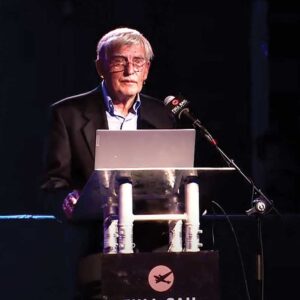
After hosting the event for just a few years, Dottino got an unexpected call: an opportunity to put the annual event on television. To encourage the interest of a TV audience, the USA Memory Championship added some new events, including qualifiers where mental athletes compete head-to-head on stage and others allowing people at home to play along. Eventually, the event’s organizers even got MIT to serve as the host. “We began doing short-term memory events and longer events in which athletes were given 30 days to remember 3,000 pieces of data,” Dottino recounts.
Throughout all the events—and wherever it was hosted, whether in New York City, MIT, or the event’s new home in Winter Park, Fla., on the campus of Full Sail University—what’s been consistent is the age of participants, which has ranged from as young as 12 to as old as 72.
“Our mental athletes truly are of all ages, and they are just normal people who decided they wanted to improve their memories,” Dottino adds.
Post-pandemic growth
Prior to the COVID pandemic, participation in the USA Memory Championships was on the rise. In fact, the event had around 90 entrants per qualifier round. Though it took a hit during the pandemic, the event continues to work its way back. Since moving to Full Sail University, viewership of the event—exclusive to YouTube—has been increasing. USA Memory Championships has also gained sponsorships with Lumosity, an online tool for people to improve cognitive abilities, and Memory League, a memory competition platform that helps people train for competitions.
In July, the USA Memory Championships brought together 60 mental athletes seeking to qualify for this year’s competition. “We had to cut off registration this year,” Dottino says. “It’s great because that was the highest number we’ve had sign up in the last three years. Of those registered, they ranged in age from 14 to 60.”
While Full Sail University continues to host the USA Memory Championships, the competition is one many destinations could host as quite often it simply takes a large enough room and a stage.
Make it your own
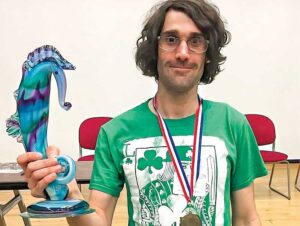
To Dottino, the difficult part of hosting a brain game competition isn’t finding a venue or even organizing the event itself—it’s finding people willing to participate.
“People sometimes feel as if participating means someone is evaluating their intelligence, but it’s not,” he says. “It’s evaluating their ability to learn and practice a skill.”
An easy way to start hosting a brain game competition, says Dottino, is by adding it as part of another event, such as a company meeting or conference. He had even worked with various groups to host a brain game competition during an already-scheduled event. “We kept it simple and included three events, and the crowd would go crazy,” he says. “It was all in one day, and volunteers were just called up to the stage. A group can really have a lot of fun with it.”

